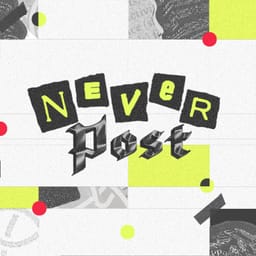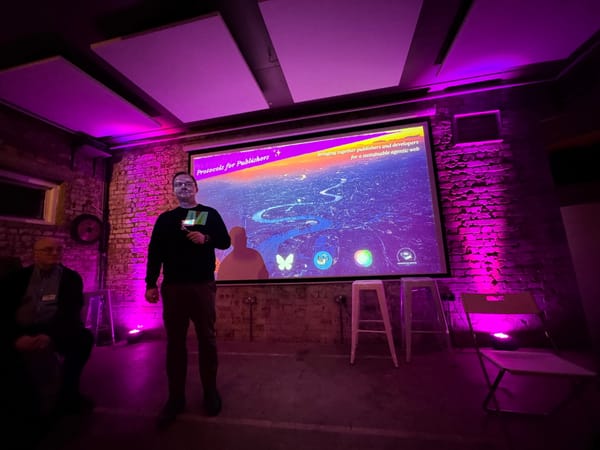Platforms, Power, Paywalls, and Podcasts
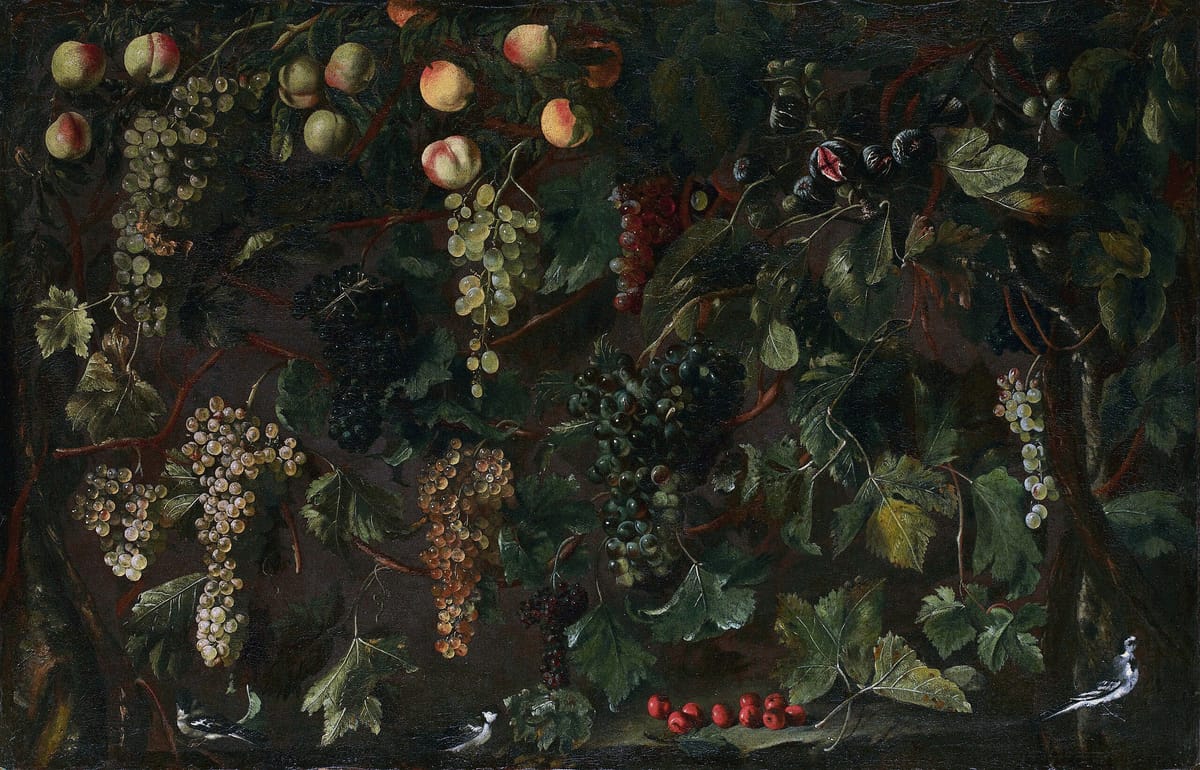
This edition of the newsletter is a bit of a catch-up on links since we have been busy with outreach to potential speakers, participants, and sponsors for the second in-person Protocols for Publishers ✨ event in Europe. The next PfP event looks to be in London, UK and we polled everyone to find out what preferred timing is. So far the end of January 2026 has the most votes, but there is still time to add your voice, so please do! If you have ideas on speakers, participants, or potential sponsors, please share. 🥰
In the meantime, we are also trying to line up some online speakers, so stay tuned for more announcements on that front.
As always, we invite you to send in tips or share your work by emailing team@protocolsforpublishers.com
Until next time, may all your protocols be open! 👋🤠
— PfP✨ Team
🤖 “Augmentation not Automation”
(a clarion call for what we aim for!)
The European Broadcasting Union conducted an international study of four leading chat apps using 3000 professional journalists to evaluate news content from 22 news orgs in 18 countries and in 14 languages. The final number? 45% of the time AI assistants misrepresent news content.

"Weekly use of AI for getting information more than doubled (from 11% to 24%)" … "Getting news … rose from 3% to 6%" … "A significant ‘comfort gap’ exists between AI- and human-led news production, with only 12% of respondents comfortable with fully AI-generated news compared to 62% for entirely human-made content." Many more useful insights in the report linked below 👇

Renée DiResta and Rachel Kleinfeld take a deep look at how institutions need to understand platform algorithms, build relationships with influencers, and create content that resonates with platform audiences. But how do institutions approach the underlying problem that wrests agency from both publishers and readers: the large centralized platforms themselves? We are seeing an attempt at further consolidation of online channels with the new breed of centralized AI chat platforms. Institutions can certainly engage with the Big Platforms, but we need them to engage strategically. Rather than cozying up too close to platforms we need them to lean into open protocols. This will help them not only gain agency over their own content as well as a direct relationship with their readers, but counterbalance the monopolizing power of massive centralized corporate communication channels.
🌉 It's a Game Graph Theory!
(okay, this one is reaching, but ask your kids about MatPat and then read about the Seven Bridges)
Graze partnered with WNYC and The Gothamist to make custom curated feeds for coverage of the New York mayoral election. What happened was a demonstration of how open social aligns the incentives of all stakeholders. Is this the only time a newsroom has had 100% editorial control over a breaking news event on a social platform? 🤔
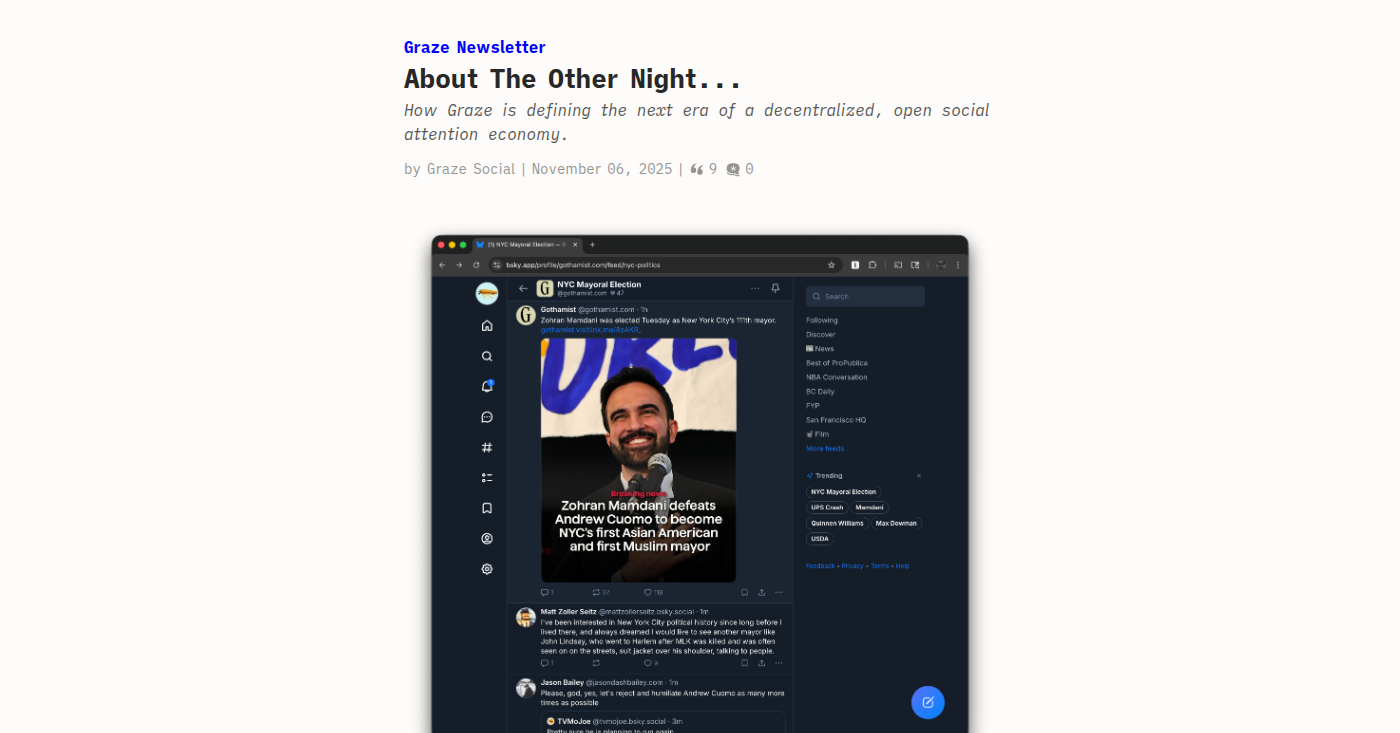
Ben Werdmuller spoke at Fediforum on the dangerous alignment of centralized social media to authoritarian power, and how success requires building for specific communities' concrete needs, not abstract ideology.

ATProtocol, which powers the Bluesky social media app and a whole plethora of others, had a very successful showing at the Internet Engineering Task Force and is now moving on to the next step of chartering an official working group. This is the beginning of a turning point in open social media and a win for protocols over platforms.
"There's a there there." #ietf124 Lots of enthusiasm and positivity (and advice from experienced folks) for forming an #atproto WG at @ietf.org We had 130 people on the stream and a very active chat. Great job @bnewbold.net and @dholms.xyz and everyone else. Thank you all for showing up! 👏
— Chad Kohalyk (@chadkoh.com) 2025-11-05T16:29:11.978Z
PfPers Ivan Sigal and Boris Mann, as well as other PfP community members, will be in Berlin for the Eurosky Showcase on Nov 19.

💸 Error 402: Payment Required
(the HTTP error code reserved for future use)
Will Allen, VP for Product at Cloudflare, spoke to Hacks/Hackers about what Cloudflare are doing to protect web publishers from unauthorized crawling by AI. Will explained AI Crawl (and the new Pay-Per-Crawl beta) and noted their work at the Internet Engineering Task Force with the webbotauth Working Group. He also answered a LOT of questions about how Cloudflare is NOT gonna be the next gatekeeper 🙃
A Google devrel experiments with the Web Monetization spec using a browser extension.
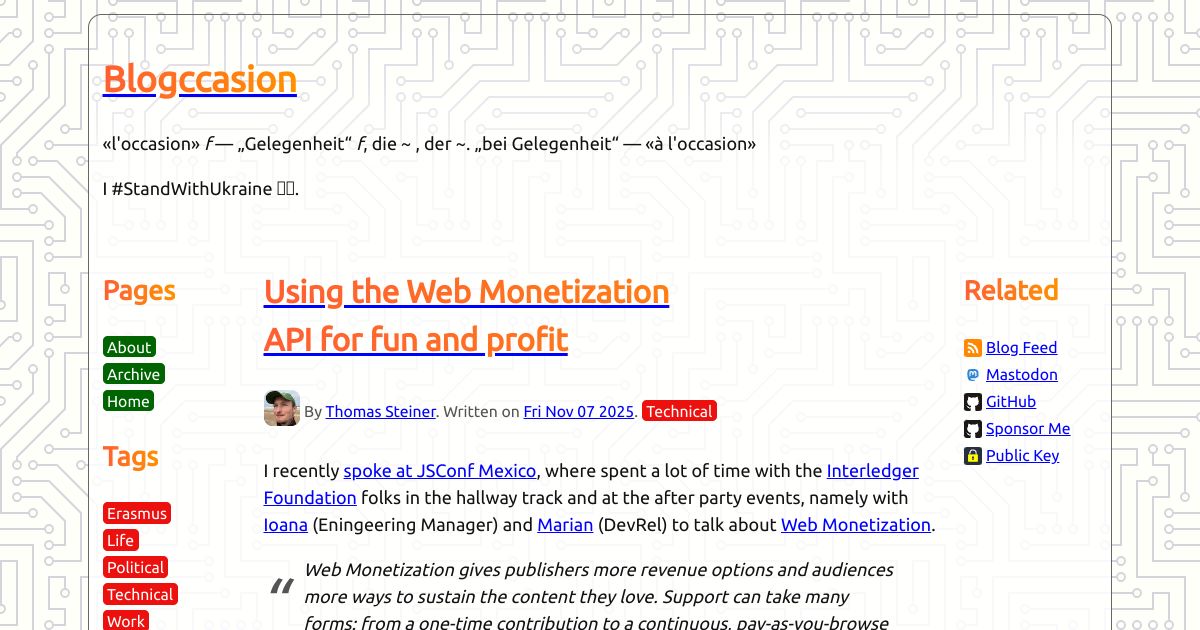
Brands are being advised to advertise on Reddit since it appears LLM trainers are using it for training data. (Paywalled)

🎙"Wherever you get your podcasts"
(cf this radical post by Anil Dash. Reference acknowledged 🫡)
Nilay Patel talks to Sir Tim Berners-Lee about the new browser wars and the challenges of an AI-mediated web, and how to protect the Open Web. Nilay speaks of how if he were to start The Verge today as a new publication, he would probably not create a website as he did in 2011, but would more likely just create a YouTube Channel. 😵💫

Fascinating discussion on adoption and regulation of AI in newsrooms in China. One insight: higher adoption rates by more senior journalists.

Neverpo.st, a podcast about internet culture, had a thought-provoking episode on "Etsy witches" which contained some unexpectedly #ProtocolsForPublishers content in the form of building communities on a platform. 🧙♀️
if you're willing to sacrifice community for the sake of getting more attention and therefore more money in the bank, then the Internet is a flawless place for business… the internet makes it extremely easy to overvalue performance at the cost of building a real community.
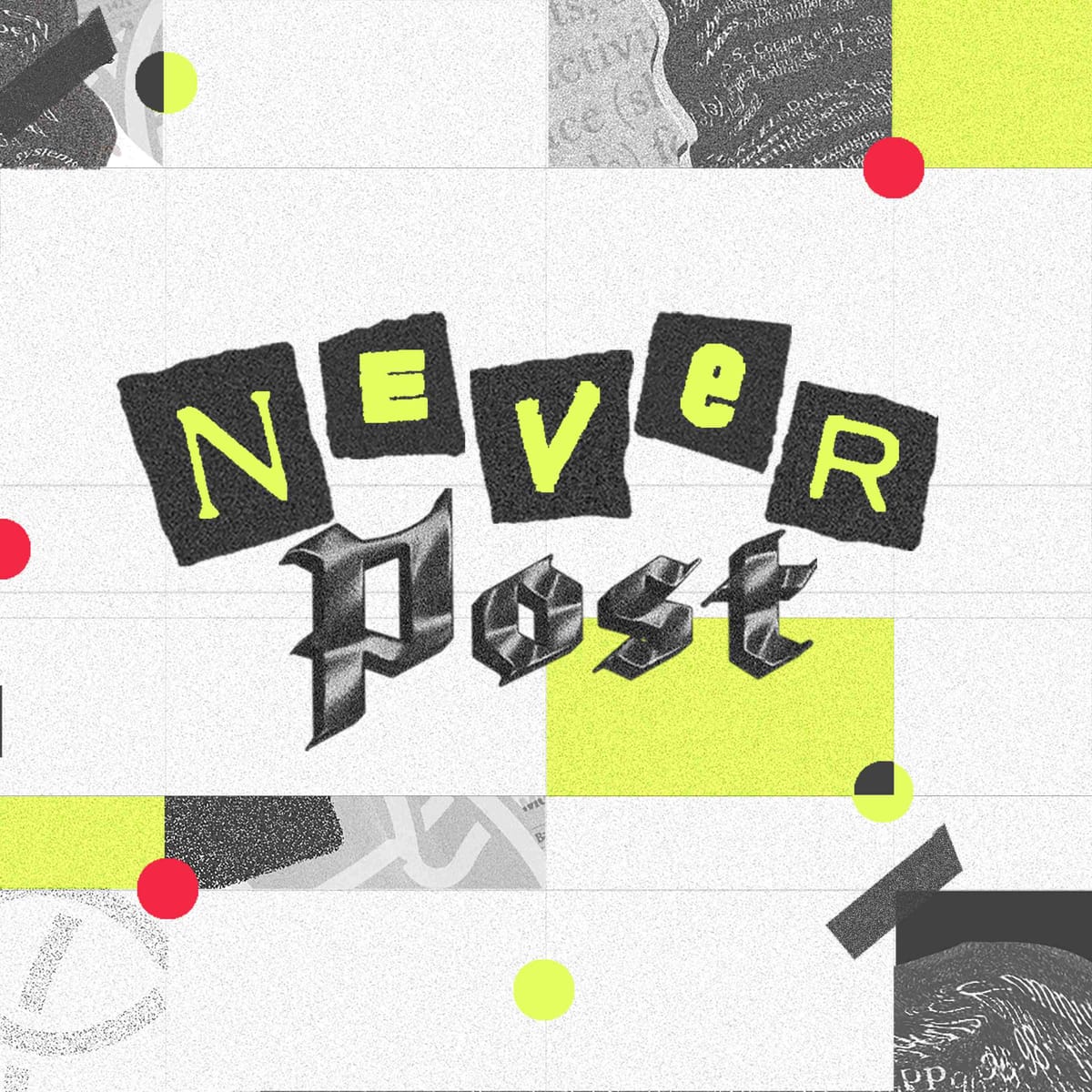
Nic Dawes, Executive Director of THE CITY in New York, appears on Computer Maybe talking about the toxic relationship between AI & journalism.
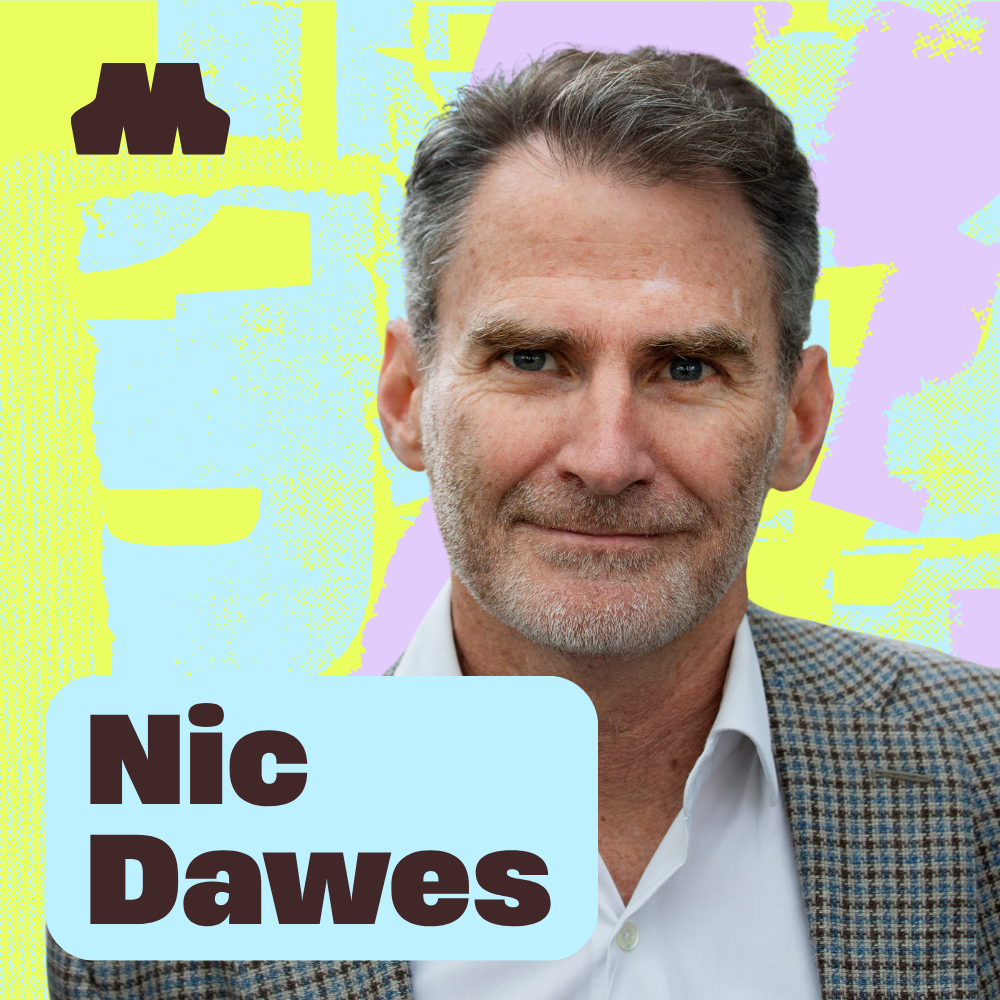
Do you have a podcast? Are you taking advantage of Podcasting 2.0 latest features? Get your podcast score. 📈











